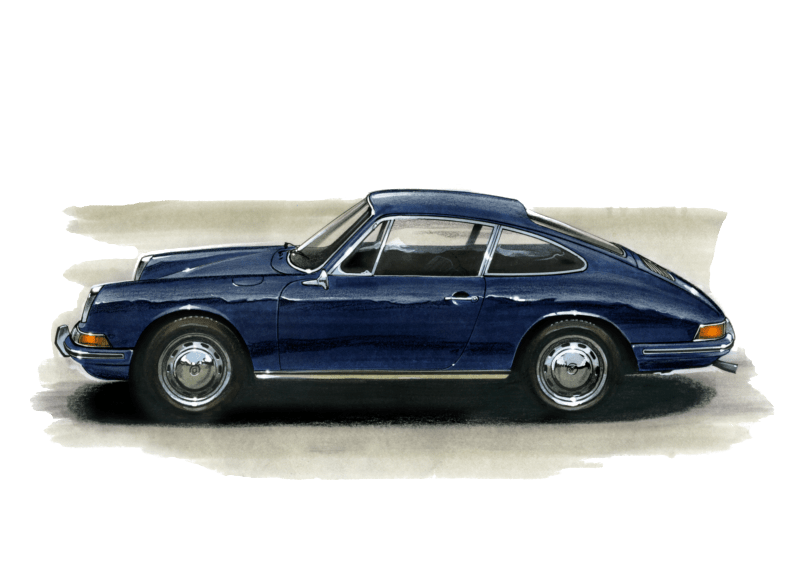
Are you a vintage car enthusiast or considering purchasing a classic Porsche 912? It’s important to do your due diligence and research any potential issues or common problems associated with this iconic sports car. While the Porsche 912 is often regarded as a reliable and well-built vehicle, like any vintage car, it may come with its own set of quirks and challenges. In this article, we’ll dive into some known issues or common problems that potential buyers should be aware of when considering a Porsche 912.
1. Rust:
One of the primary concerns for any vintage car, including the Porsche 912, is rust. These vehicles are known to develop rust issues in various areas, including floor pans, engine compartments, and wheel wells. Rust can lead to structural damage if not addressed promptly, so it’s crucial to carefully inspect a potential purchase or hire a professional to evaluate the car’s overall condition.
2. Electrical System:
As with many classic cars, the electrical system in the Porsche 912 can be another area of concern. Wiring can become brittle, connections can loosen or corrode over time, and components might fail due to age. Faulty electrics can result in various issues like malfunctioning lights, gauges, or even problems starting the car. Buyers should thoroughly inspect the electrical system and consider investing in rewiring or repairs if necessary.
3. Engine Leaks:
The air-cooled flat-four engine in the Porsche 912, while generally reliable, can develop oil leaks over time. These leaks can occur from multiple points, including the oil cooler, valve covers, or gaskets. Potential buyers should check for any signs of oil leaks when inspecting a Porsche 912 and be prepared to address these issues to maintain engine health.
4. Suspension and Steering:
Due to the vintage nature of the 912, potential buyers should pay close attention to the car’s suspension and steering components. Worn-out bushings, shocks, or even steering components may need to be replaced, as these parts can deteriorate over time. Faulty suspension or steering systems can affect the vehicle’s handling, safety, and overall driving experience.
5. Availability and Costs of Spare Parts:
As the Porsche 912 was originally produced between 1965 and 1969, finding original or OEM parts might pose a challenge. Some parts may be scarce or expensive, so potential buyers should consider the availability and cost of spare parts when evaluating the overall investment involved in owning a Porsche 912.
6. General Maintenance and Expertise:
Finally, it is worth noting that the Porsche 912, while mechanically simpler than some other vintage Porsches, still requires maintenance and expertise. It’s crucial to find a trusted mechanic or Porsche specialist who understands these classic vehicles, as they have nuances that differ from modern cars. Regular maintenance, including tune-ups, oil changes, and component inspections, is essential to keep your Porsche 912 running smoothly.
While the Porsche 912 is an iconic and desirable classic car, it’s important for potential buyers to be aware of these known issues or common problems. Conducting a thorough inspection, seeking expert advice, and understanding the implications of owning a vintage vehicle will ultimately help ensure a satisfying ownership experience. With proper care and attention, the Porsche 912 can continue to provide driving pleasure for generations to come.